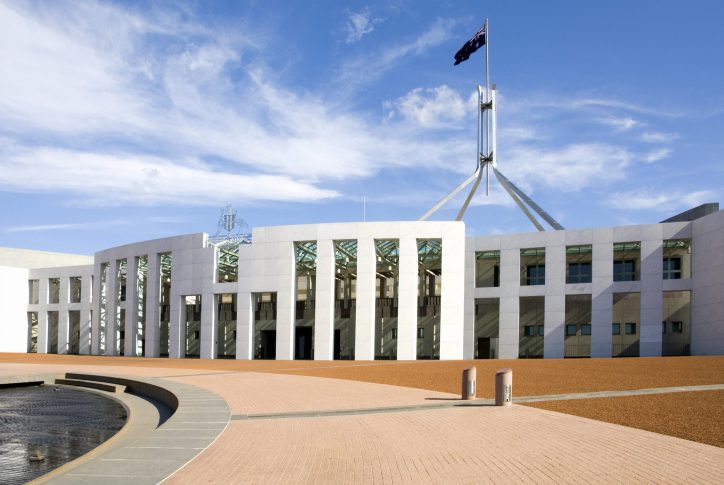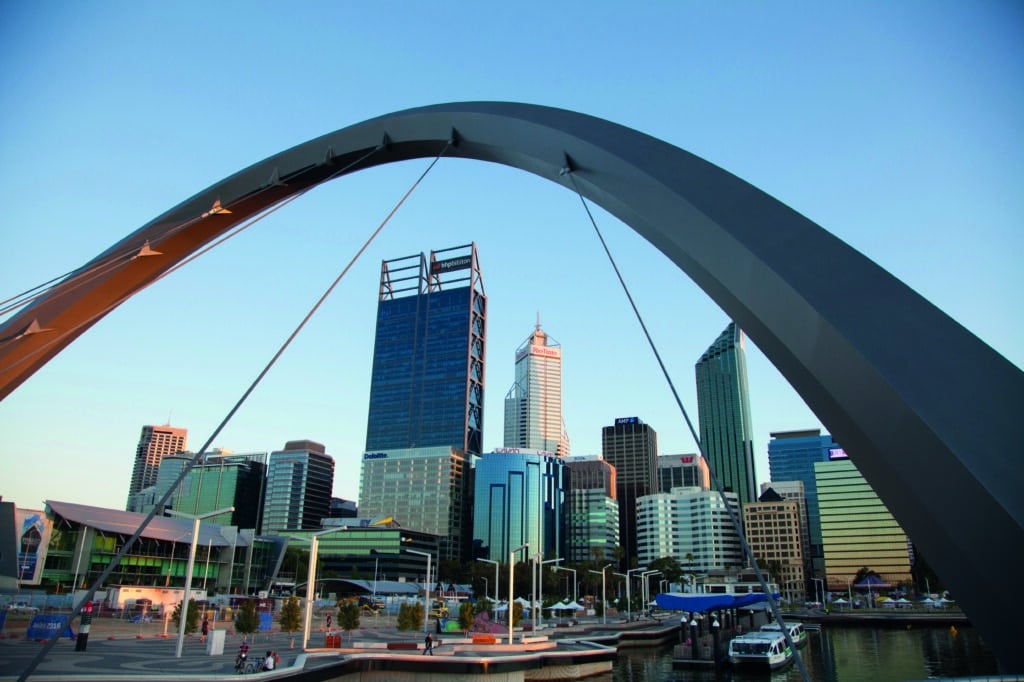Tonight’s Federal Budget has laid bare the fiscal and economic challenges facing Australia and underscores the case for a bigger reform agenda.
Budget papers show GDP growth will fall to just 1.5 per cent in 2023-24, driven by a more realistic forecast for productivity growth of an average 1.2 per cent. Inflation is tipped to peak at 7.75 per cent in December, before stabilising to 2.5 per cent in 2024-25, ensuring a few years of fiscal restraint ahead.
“[The economy] isn’t as resilient as we need it to be for the challenges that we face,” Treasurer Jim Chalmers said.
“This is a responsible Budget that is right for the times and readies us for the future.”
Here’s what the Federal Budget means for WA businesses:
- The Government has allocated $530m to extend the Paid Parental Leave scheme to 26 weeks, phased in from 2024, and $5.4 billion to further subsidise childcare costs to boost workforce participation.
- It will establish a $20b fund for energy transformation, with $800m invested in cutting taxes on electric vehicles, a national EV charging network and hydrogen refuelling stations, and community solar battery storage for 100,000 homes. The Government has also announced energy efficiency grants for small business to help upgrade old and inefficient equipment and reduce energy use.
- The Budget earmarks $1b for half a million fee-free TAFE places, with a focus on areas of critical shortage, and $495m for new university places for disadvantaged students.
- The Government has committed $15b to a national reconstruction fund to help finance projects to support value-adding production and strengthen supply chain resilience. The focus areas for that program include agriculture, transport, resources, medical science, renewables and defence.
- The Government is also significantly increasing its defence spending, up 8 per cent this year and rising to $44b a year. It will also make more investments in cyber security, and is looking to strengthen its relationships with Pacific nations.
- The Budget confirms $50.5m over four years to establish the Australian Critical Minerals Research and Development Hub, in addition to $99.8m over three years from 2022–23 for the Strategic Critical Minerals Development Program.
The Treasurer said saving measures had pulled back the Budget deficit to $36.9b in 2022-23, an improvement of $41.1b.
The Government would reduce spending on contractors, consultants, advertising, travel and legal services, saving $3.6b, while measures to crackdown on tax avoidance would save $4.7b, he said.
CCIWA Chief Economist Aaron Morey said while there are some worthy initiatives in the Budget, such as paid parental leave and childcare subsidies, “much more will need to be done to drive economic growth, which is the only sustainable solution to the pressures on the budget”.
“The fundamental challenge outlined by the budget is paying for our future spending needs,” he said.
“The NDIS is on track to cost $52 billion a year. Defence spending is rising to $44 billion. And on top of that interest repayments are now forecast to surge to $33 billion a year.
“This occurs against a backdrop of rising inflation, China’s economic slowdown, war in Ukraine and higher interest rates all threatening the economic outlook.”
Want to keep up-to-date with the latest business news and advice? Become a CCIWA Member today and get access to exclusive information designed to help you do business better. Find out more here.












